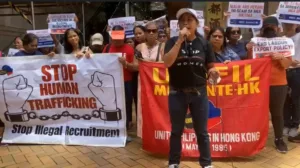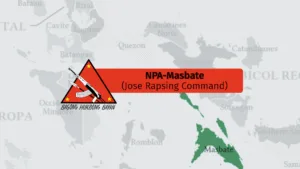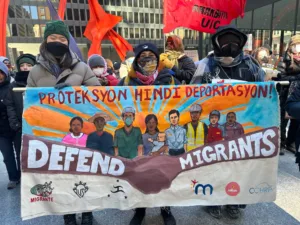While the Marcos regime is boasting about positive employment data, the continued miserable conditions of millions of Filipino workers is undeniable. Over its three years in office, state data itself has repeatedly disproved the so-called “vibrant labor market.” A severe jobs crisis persists, evident in the growth of the informal sector, stagnant wages, and the increasing number of irregular and low-quality jobs.
On July 8, the Philippine Statistics Authority (PSA) reported that the number of Filipinos considered part of the labor force increased by 1.35 million. Meanwhile, the number of employed persons also rose by 1.42 million. However, this does not present the full picture of the labor situation, according to Ibon Foundation. Such selective presentation of labor data is a deliberate ploy to mislead the public.
In truth, state statistics show a worrying trend where the number of low-quality jobs has increased, while meaningful employment has declined. In May, the number of part-time workers rose by 1.3 million. At the same time, the number of full-time positions created fell by 736,000.
Unemployment among the youth is particularly alarming. Among the jobless, 44% are college graduates or undergraduates. This means that no decent jobs are being created for the educated youth, except for low-level or irregular work.
In addition, 6.6 million Filipinos are considered underemployed. The current underemployment rate stands at 13.1%, a clear indication that many are seeking additional jobs or longer working hours to support themselves and their families.
IBON’s analysis highlights the precarious nature of the jobs created. Most jobs generated have been in wholesale and retail trade, agriculture, and food and accommodation services—sectors known for low wages and irregular income. The average daily wage in agriculture is only ₱355, while workers in wholesale and retail trade earn an average of ₱486. This falls far short of the minimum living daily wage of ₱1,200.
The miserable state of labor becomes even more apparent with the ballooning of the informal sector, which accounts to an estimated 21.2 million jobs.
In reality, millions of Filipinos have so-called jobs that don’t pay enough or don’t pay at all, executive director Ibon Sonny Africa said. “That isn’t employment but poverty in disguise.”
IBON asserts that the regime’s claim of a “vibrant” labor situation is far from reality.













